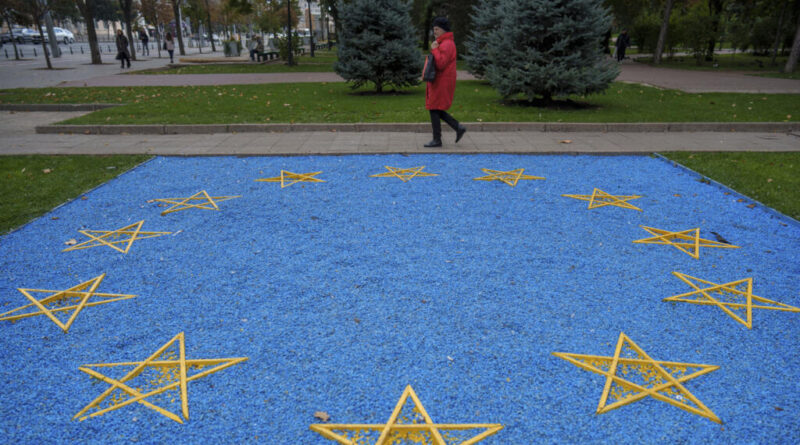Pavel Durov Accuses French Intelligence of Election Meddling
Billionaire Pavel Durov, creator of the widely used Telegram messaging service, levelled accusations against French intelligence this past Sunday. He alleged that an agent, acting on behalf of French intelligence, requested him to suppress certain Moldovan elements prior to the presidential election that happened last year. This request, he claimed, was intended to be a form of aid in dealing with his ongoing court issues in France.
Given the magnitude of the parliamentary elections held on Sunday in Moldova, the outcome could significantly shift the nation’s ambitions of joining the European Union. With potential barriers erected by pro-Russian factions seeking to deter the country from aligning closely with the Union, the political climate in Moldova is more significant than ever. There is, as of yet, no official comment from France regarding Durov’s allegations.
Durov’s arrest in 2024 at a French airport has been a controversial matter. As investigations unfold, he continues to be under judicial watch in France amid accusations of facilitating organized crime operations through his messaging applications. Naturally, Durov staunchly denies these charges, labelling the allegations as ‘legally and logically absurd’.
While under supervision in France, Durov claimed that French intelligence exploited his precarious situation. An undisclosed contact allegedly connected him to French intelligence, asking for the ‘censorship’ of specific Telegram channels used by the Moldovan government. Some channels, he admitted, violated Telegram’s policies and were thus eliminated.
The negotiations reportedly promised to paint Durov in a positive light before the judge presiding over his case. The only condition, according to Durov, required his cooperation in censoring certain channels. This proposal was, however, unacceptable to him on several grounds.
In Durov’s view, there were serious ethical concerns involved in this arrangement. If indeed a representative of the intelligence agency was in contact with the judge, the act would be a clear interference in the judiciary. Conversely, even if the agency falsely claimed such communication, they were unjustly using his legal predicament in France to sway political conditions in Eastern Europe.
According to Durov, this pattern isn’t isolated to Moldova. He cited similar situations surfaced in Romania. In fact, Durov has previously stated that the chief of France’s foreign intelligence agency approached him to muzzle Romanian conservative opinions before their elections. To this, the agency had categorically denied any such transgressions.
In recent developments, Durov has claimed that French intelligence provided another list of supposedly ‘problematic’ Moldovan Telegram channels. Highlighting the vast contrast between this new list and the previous one, Durov pointed out that nearly all the flagged channels on the recent list are lawful and do not violate any of Telegram’s protocols.
Further, Durov seemed to suggest that the primary critiquing factor may have been the expression of political views that specifically displease the French and the Moldovan administrations. This raises questions regarding objectivity and the potential misuse of the platform for influencing national and international policy.
Pavel Durov is well-known, not just as the founder of Telegram, but also for his stance against suppression. His relocation to Russia in 2014 was the direct rejection of demands to inhibit opposition groups on his VK social networking website. A staunch promoter of freedom of speech, Durov named this as one of the primary reasons for his departure.
The Telegram app, under his stewardship, enjoys substantial monthly user engagement in the range of a billion-plus users. With its encryption technology, it has managed to create a significant influence in Russia, Ukraine and the former Soviet Union republics.
Durov, a native of Soviet-era Leningrad and a proud alumni of St Petersburg State University, claims to have a libertarian perspective on most matters. His beliefs influence his actions and decisions — a fact made evident in his fight against suppressions and interventions.
In the wake of these accusations, one cannot help but wonder about the larger global impacts of the situation. It speaks for itself and introduces important questions about the role and influence of global intelligence agencies in the way public narratives, and therefore democracies, are shaped.
The whole scenario leaves open-ended questions around such fierce allegations and makes one wonder about the future dynamics between political entities and global tech companies. Will we continue to see global intelligence agencies attempting to influence information flow on digital platforms? Only time will tell.

